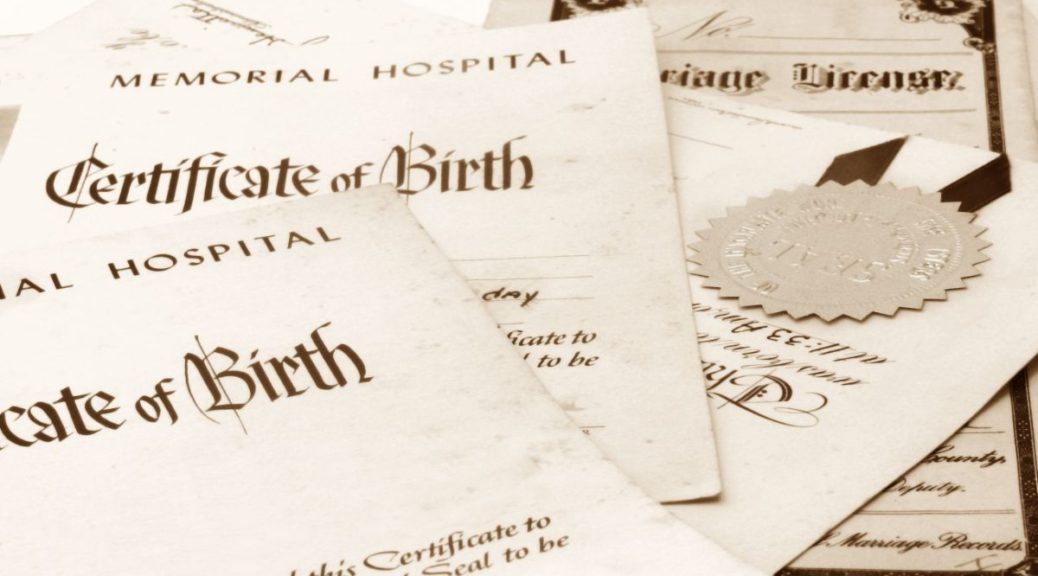One day, Luisa received an announcement that her friends, Donnie and Melissa, had decided to register their domestic partnership. As Luisa celebrated with her friends, she was a little puzzled. She and most of her friends thought that California registered domestic partnerships were only for same-sex couples.
History of California Registered Domestic Partnerships
Until 1999, same-sex couples really did not have the same rights and benefits that opposite-sex couples enjoyed. However, California enacted a law that allowed gay couples to register as a California domestic partnership. Doing so meant that the parties:
“have same rights, protections, and benefits, and shall be subject to the same responsibilities, obligations, and duties under law …”
After the U.S. Supreme Court’s decision in Obergefell v. Hodges in 2013, same-sex marriages were legal in all 50 states. California began recognizing both same-sex marriage and domestic partnerships. However, registration was limited to same-sex couples and opposite-sex couples where at least one partner was over 62.
Then, in 2019, the California Domestic Partner Rights and Responsibilities Act of 2003 was amended. Now, California registered domestic partnerships are available to all couples over the age of 18, regardless of sexual orientation.
Qualifying for Registration
California law defines domestic partners as: “two adults who have chosen to share one another’s lives in an intimate and committed relationship of mutual caring.” However, it takes more than love to qualify for a California registered domestic partnership. There are still legal requirements to meet when registering, including:
- Neither person is married or part of a current domestic relationship;
- The parties to the partnership are not related by blood in any way that prevents them from marrying under California law;
- Both parties are over age 18 (although there are exceptions); and
- Both parties are capable of consenting to the registered domestic partnership.
Previously, opposite-sex couples were prohibited from being recognized as California registered domestic partnerships. However, the new law allowing them to register took effect on January 1, 2020.
California Registered Domestic Partnerships for Couples
Sometimes couples do not want to go through with a traditional wedding or be considered a married couple. It’s important to consider all the options when choosing a domestic partnership over being married. For example, federal law generally does not recognize domestic partnerships, so taxes and benefits can be challenging.
However, some couples benefit from choosing the registered domestic partnership route. For instance, a widow might lose benefits upon remarriage that are not changed by a domestic partnership.
So, to answer Luisa’s concerns: Yes, opposite-sex couples can choose to be domestic partners instead of a married couple.
Please call us at (415) 293-8314 to schedule a confidential appointment with one of our attorneys. Ms. Burger is a California Certified Family Law Specialist and founder of the Law Offices of Judy L. Burger. We assist clients in California’s Northern to Southern Coast, including San Francisco, Beverly Hills, Gold River, San Diego, Santa Barbara, Ventura/Oxnard, and surrounding communities.











